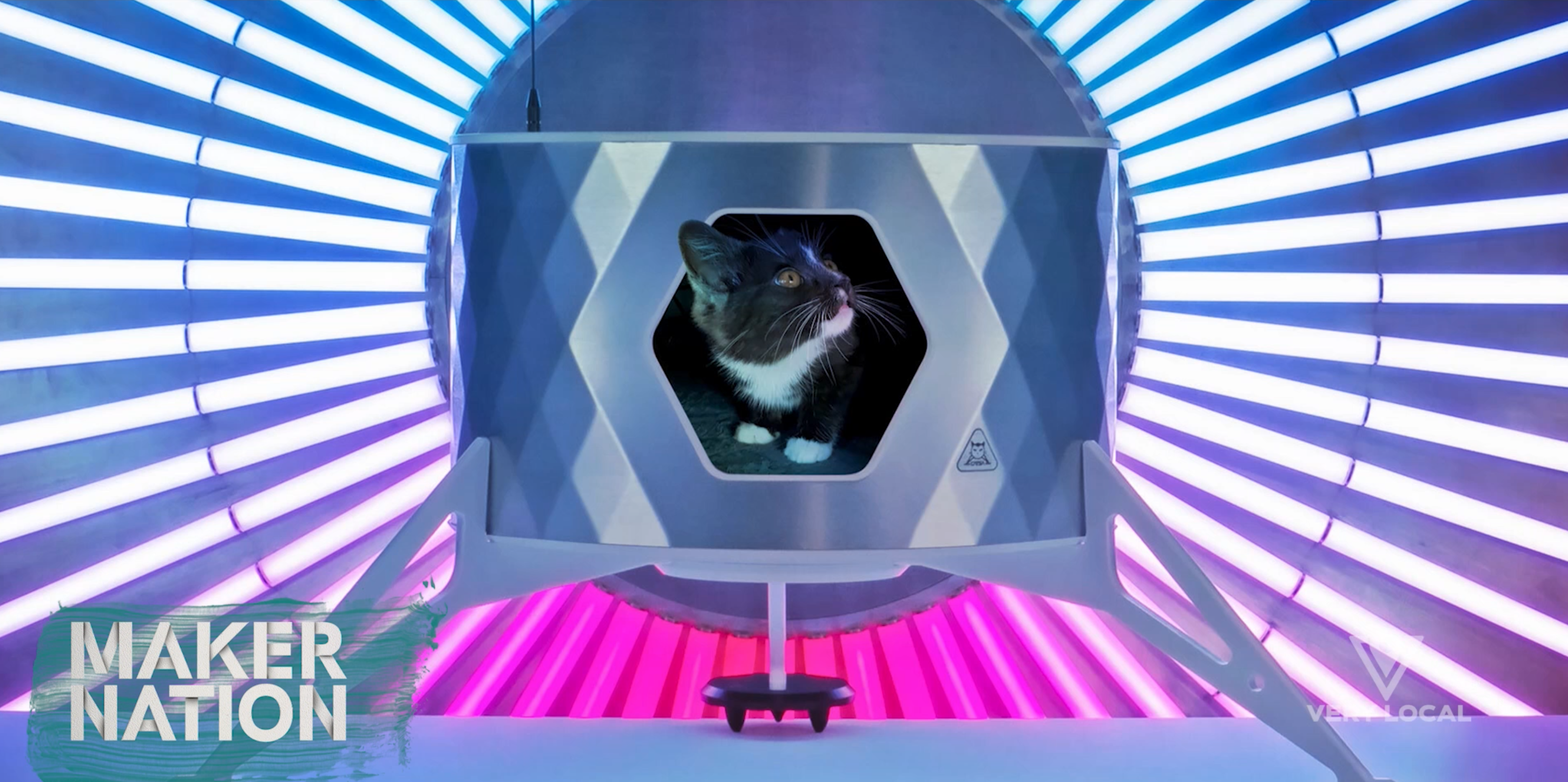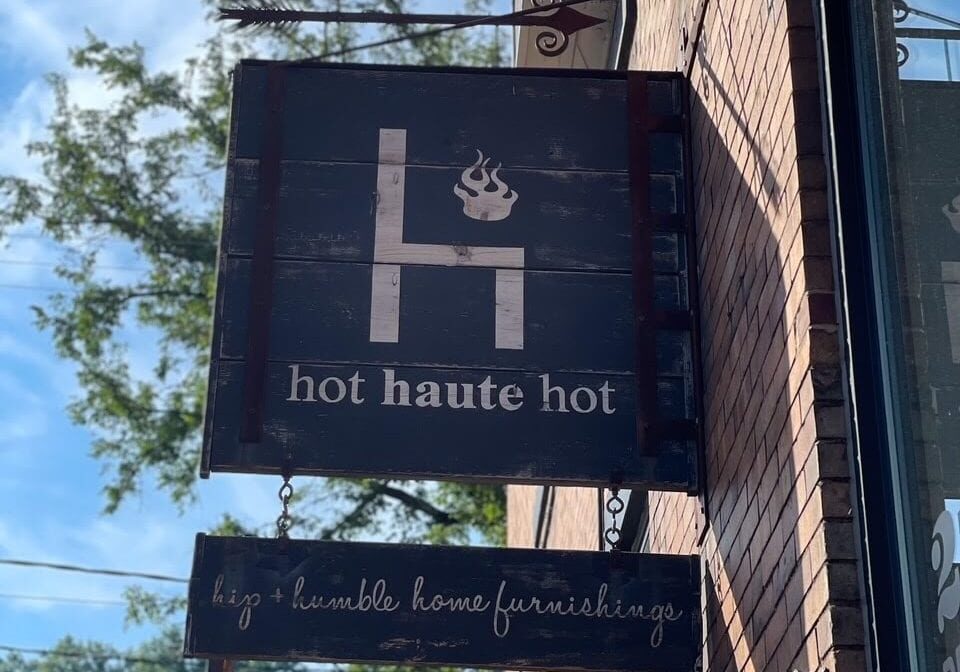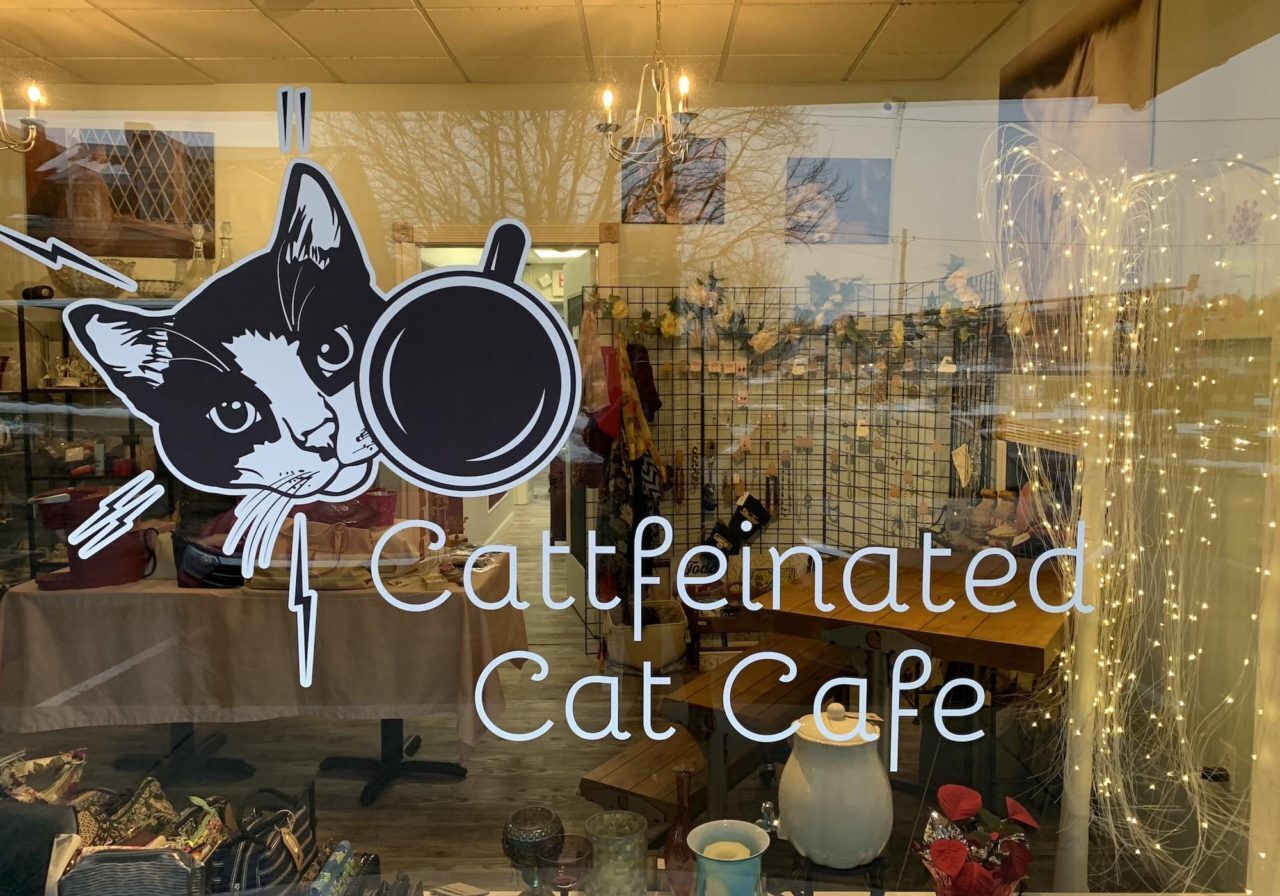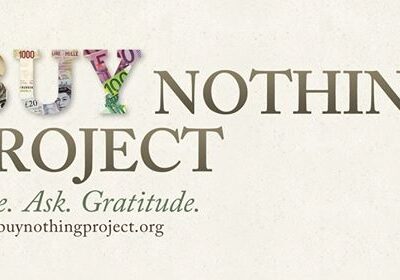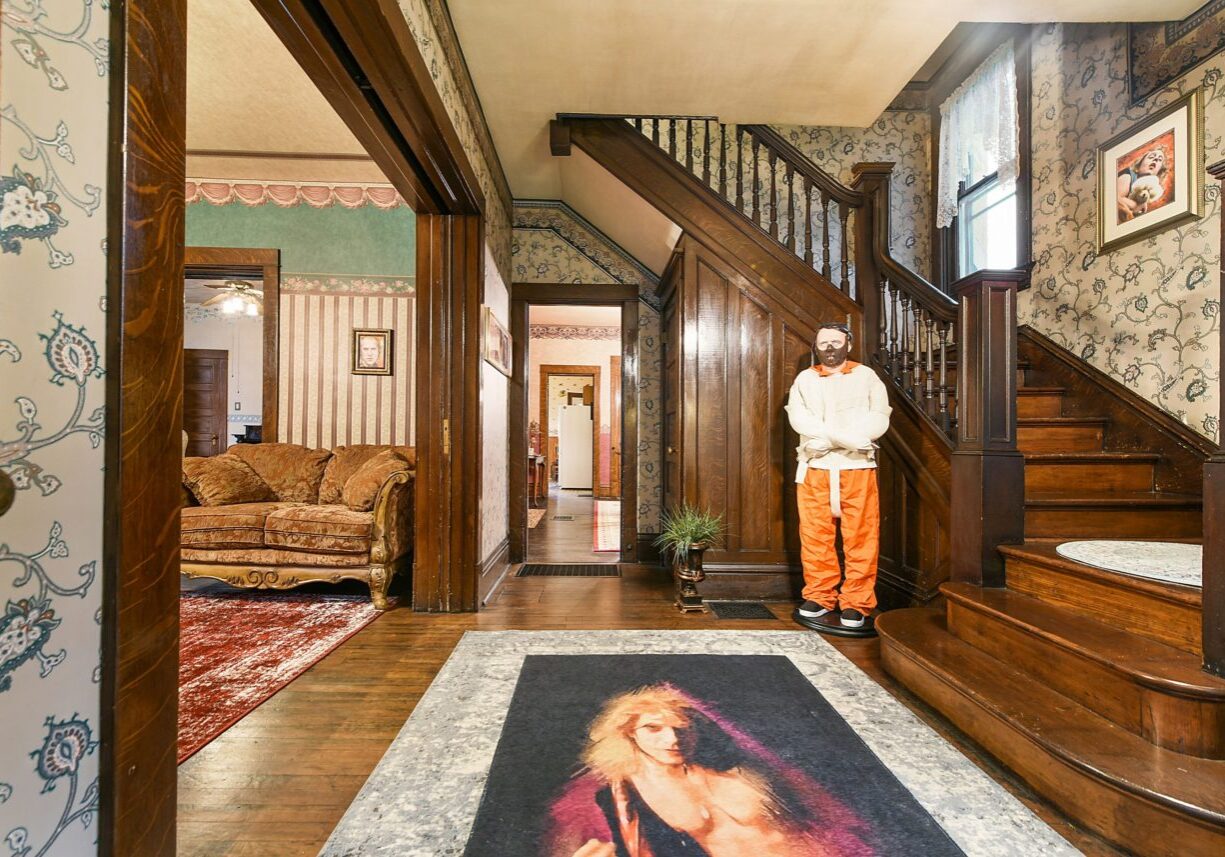Check out CATSA on our show “Maker Nation” to see how this local business is creating space-themed cat gear and supporting cat rescue in Pittsburgh. You can stream Maker Nation, all of the Very Local shows and WTAE news for free on Very Local. Click here for details on how to watch Very Local on your television.
Like many cities and towns across the US, Pittsburgh has a feral cat problem. Nomadic felines are roaming free throughout the city’s neighborhoods and the numbers are growing at an alarming rate. So Samantha Ginsburg and her husband Stephen Streibig formed CATSA, a locally established, woman-owned small business with a big mission: to help tackle the community cat conundrum.
CATSA creates solutions for and awareness of the feral cat population. Along with the help of their design team, they devise products for feline enthusiasts. With each sale, they generate revenue for the unmet needs of community cats in Pittsburgh and beyond. Part of that mission is to draw attention to the feral cat problem because many people aren’t aware of how many cats are wandering their streets.
“When we decided that we were going to make a business to help with this, part of the mission was and still is awareness,” Stephen said. “Finding 80 feral cats on a weekend in Pittsburgh is not uncommon — and it happens every weekend. What’s unbelievable to us is how few people actually know it’s happening. The more we can let people know that this is a problem in their own backyard, literally, the better.”
How CATSA works
Their mission involves trapping, neutering, and releasing (aka TNR) the cats to help control the population — plus providing a safe shelter from the elements, especially during the cold winter months. They began by making homemade shelters from large plastic containers. Lots of them.
The couple spearheaded the construction of hundreds upon hundreds of “Tote” style containers to keep local outdoor cats safe and warm, but it was an extremely time-consuming and labor-intensive process. They knew they would need a broader way to help at a larger level if they wanted to make the biggest difference.
With the help of Stephen’s Pittsburgh-based interactive design studio, Iontank, they had access to the tools they would need to help make effective shelters. So they industrialized the process — and what they didn’t sell at cost they gave away for free in hopes that more people would lend support to the cause. They even provided instructions on their website at CATSA.co so cat lovers could follow along and build their own homemade shelters.
“People think of ‘kitten season’ as summertime, but cats can have up to four litters each year,” Samantha said. “The things we see are heartbreaking. Cats starving to death, frozen to death — I can’t stand it. So we knew we had to do this on a larger level to make the biggest difference.”
Samantha has a history with community cats — she’s been helping them since she was very young — before she even knew what the term meant. “People would drop them off and we’d get them fixed,” she said. “It’s just what we did.” But as she got older, she volunteered in shelters and continued to work with community cats, even joining a Homeless Cat Management Team. It was then that she realized what an overwhelming problem it was — a problem that brought her to tears on more than one occasion.
While walking her dog to work one day, she noticed cats — everywhere — just roaming the streets of East Pittsburgh. So she worked with local residents to help trap roughly 60 cats for TNR. That seems like a lot, and it was, until they found another 100 behind a nearby building. It was overwhelming — and emotionally draining — but she persisted.
Since that time, Samantha has worked alongside the East Pittsburgh police as well as various organized groups of local animal lovers to build shelters and feed feral cats. She also helped raise money to assist with TNR and to help care for as many community cats as possible. Her many heart-wrenching experiences all helped lead her to the formation of CATSA.
The future for felines is here
Fast forward to today and Samantha and Stephen are funding their mission with innovative space-themed products like the limited edition Lander Mark 1 “feline escape pod” — aka a really cool cat house. All proceeds from their merchandise sales—which features housing, toys, apparel, and more — helps support community cat rescue projects, mobile vet clinics, and advocacy initiatives.
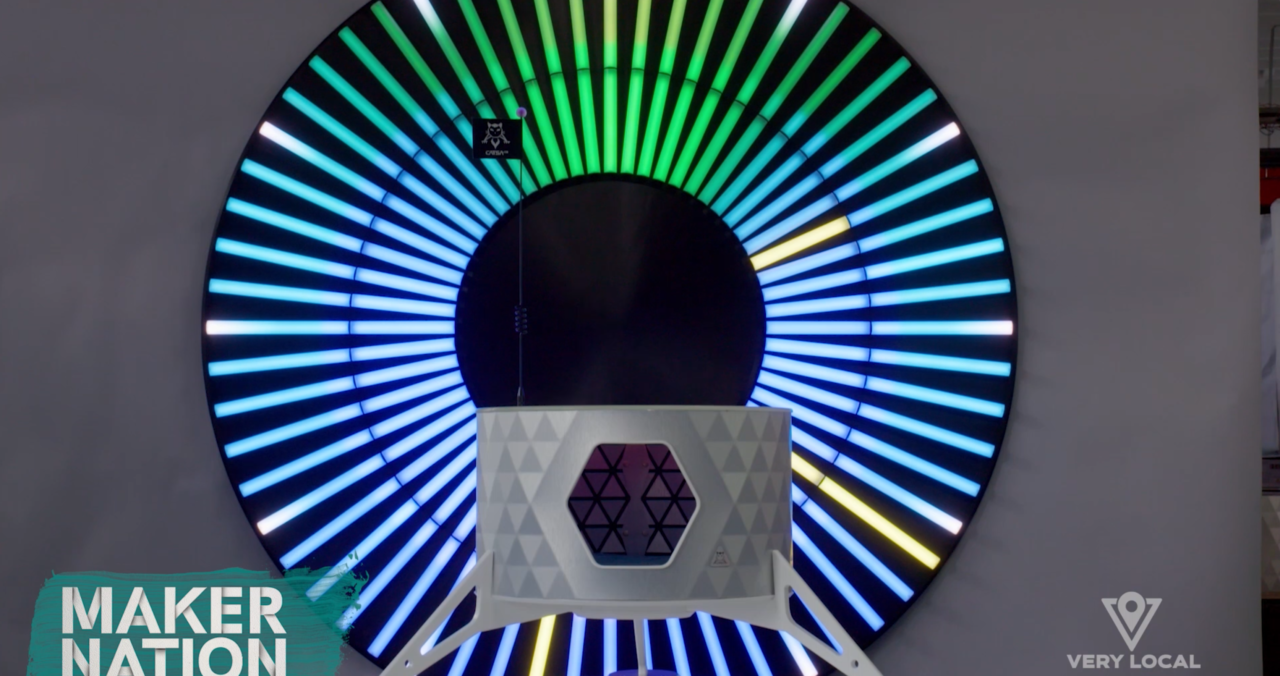
The practice of TNR is hard work that requires plenty of patience, perseverance, and compassion to help community cats coexist with their human neighbors. Some cats are returned to their previous dwelling space because, simply put, they were born to be feral cats. They’ve always lived outside — hence they haven’t had the socialization that most house cats have experienced.
“Feral cats would never be happy in someone’s house,” Stephen said. “But it doesn’t mean they can’t have happy lives.”
TNR makes that possible by stabilizing a colony of cats, resulting in a relatively self-sustaining clowder. It still requires that volunteers feed them on a regular basis, but it’s a process that works with commitment. That population is under control and they’re no longer reproducing, so it’s a far more stable environment.
“There’s a feral cat that I’ve been feeding twice a day every day since 2014 and I’ve never touched her,” Samantha said noted. “She has no interest in me whatsoever. But I understand if they’re truly feral, coming from feral parents who’ve never had any socialization, the chances of them being friendly with people are slim to none.”
The remainder of cats, those that are more amiable, are made available for adoption. Sometimes the TNR process uncovers friendly felines that are placed into foster homes or adopted out via local rescues and shelters.
“I’ve been doing this for over 20 years,” Samantha said. “There are so many people doing what we do across the world, but it’s my dream to fix all the cats here in Pittsburgh. CATSA provides that opportunity to help as many feral cats as we possibly can.”
For more information on how you can help solve the feral cat continuum in Pittsburgh, visit CATSA’s website at CATSA.co.

